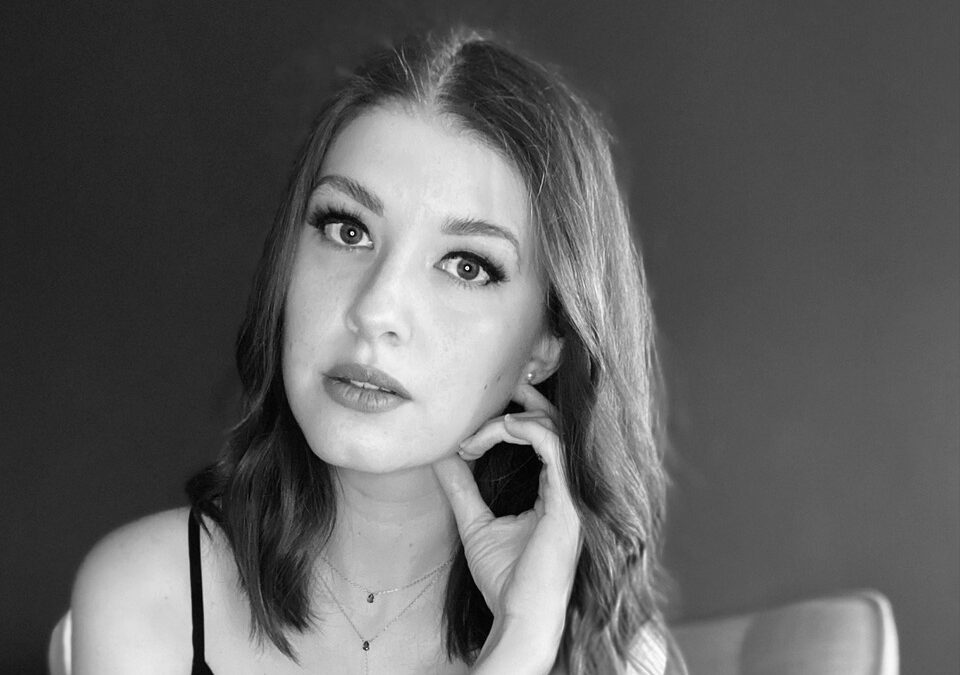
by Michele Kirichanskaya | Jul 17, 2024 | Blog
Kelly Andrew lost her hearing when she was four years old and she’s been dreaming up stories in the silence ever since. Andrew lives in New England with her husband and their two daughters (and a very grouchy Boston Terrier). She has a BSW, but received her Masters in...
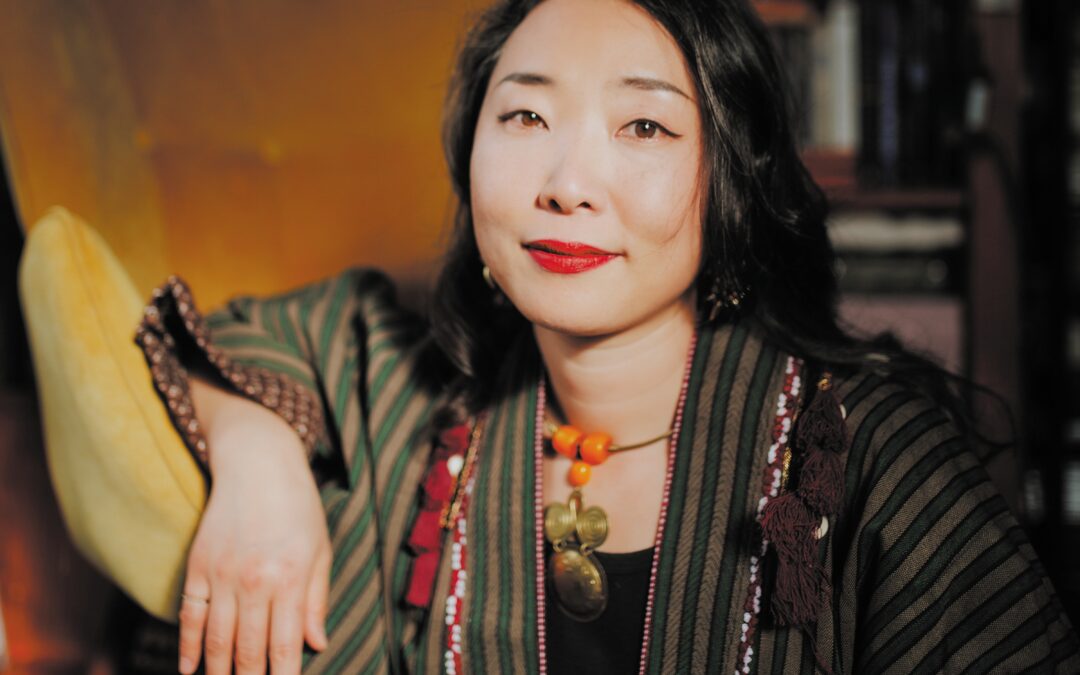
by Michele Kirichanskaya | Jul 12, 2024 | Blog
First of all, welcome to Geeks OUT! Could you tell us a little about yourself? My name is Robin Ha, I am a Korean American cartoonist based in Virginia. I was born in Seoul, South Korea, and immigrated to the United States when I was fourteen. I grew up reading and...
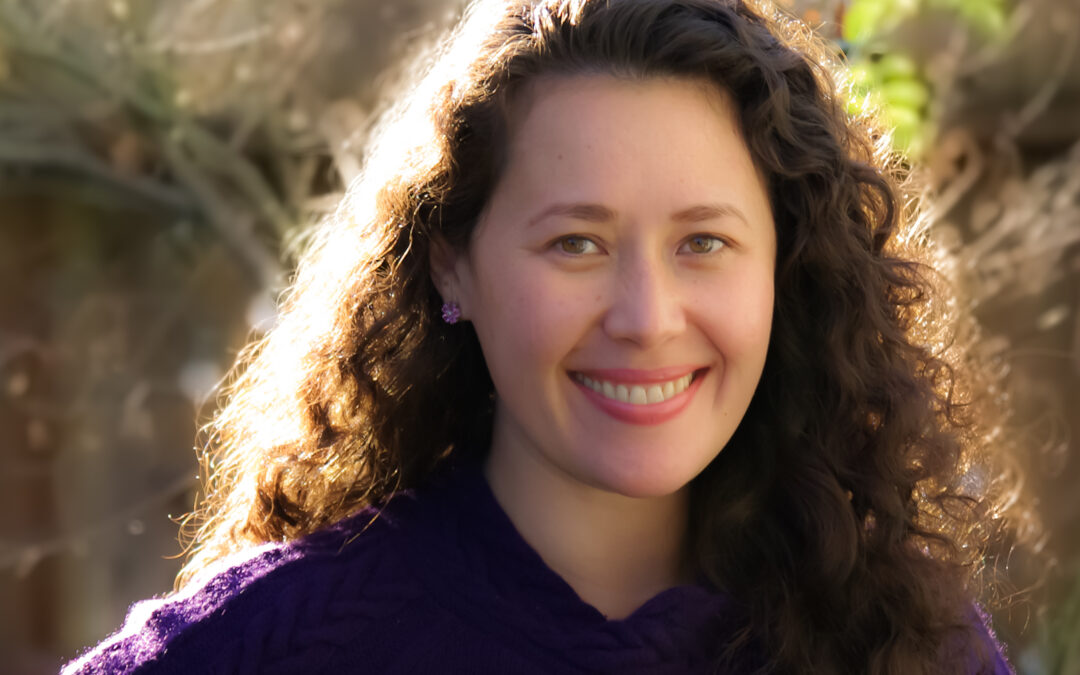
by Michele Kirichanskaya | Jul 10, 2024 | Blog
Jennieke Cohen is a Jewish-Filipina American author of young adult historical fiction. Her books have been translated into multiple languages. Jennieke’s debut novel, DANGEROUS ALLIANCE, was a Junior Library Guild selection, and her second novel, MY FINE FELLOW, was...
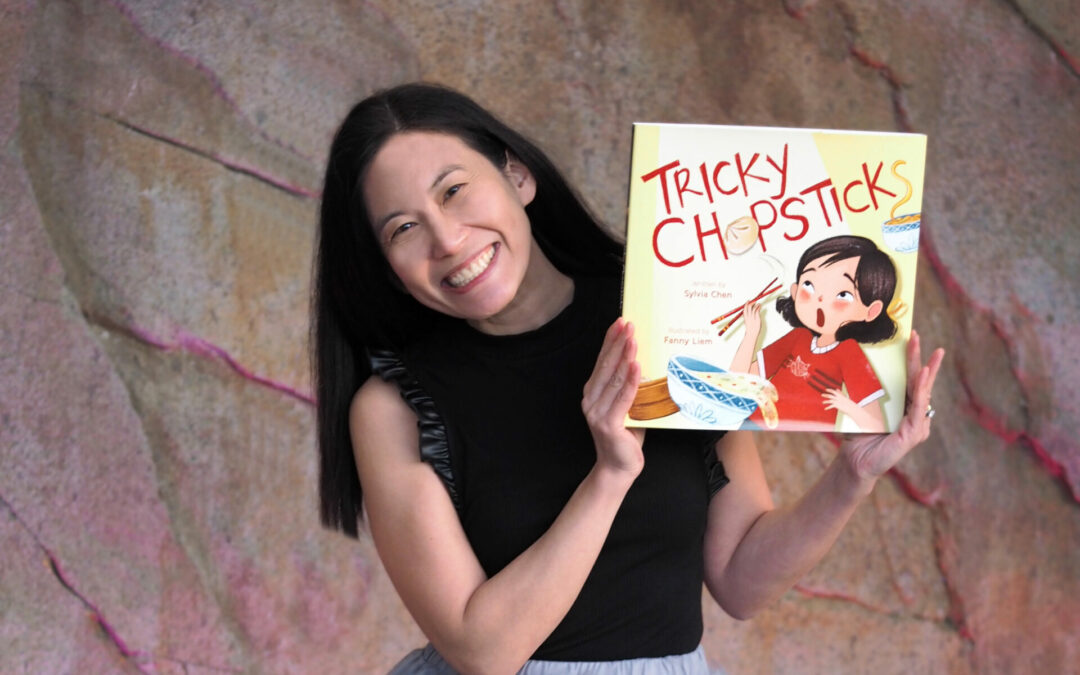
by Michele Kirichanskaya | Jul 5, 2024 | Blog
Born and raised in Queens, New York, Sylvia Chen has also lived and worked in Boston, San Francisco, Seattle, Paris, and Tokyo. She is an Asian American children’s book author and recently celebrated her debut picture book TRICKY CHOPSTICKS (illustrated by Fanny Liem...
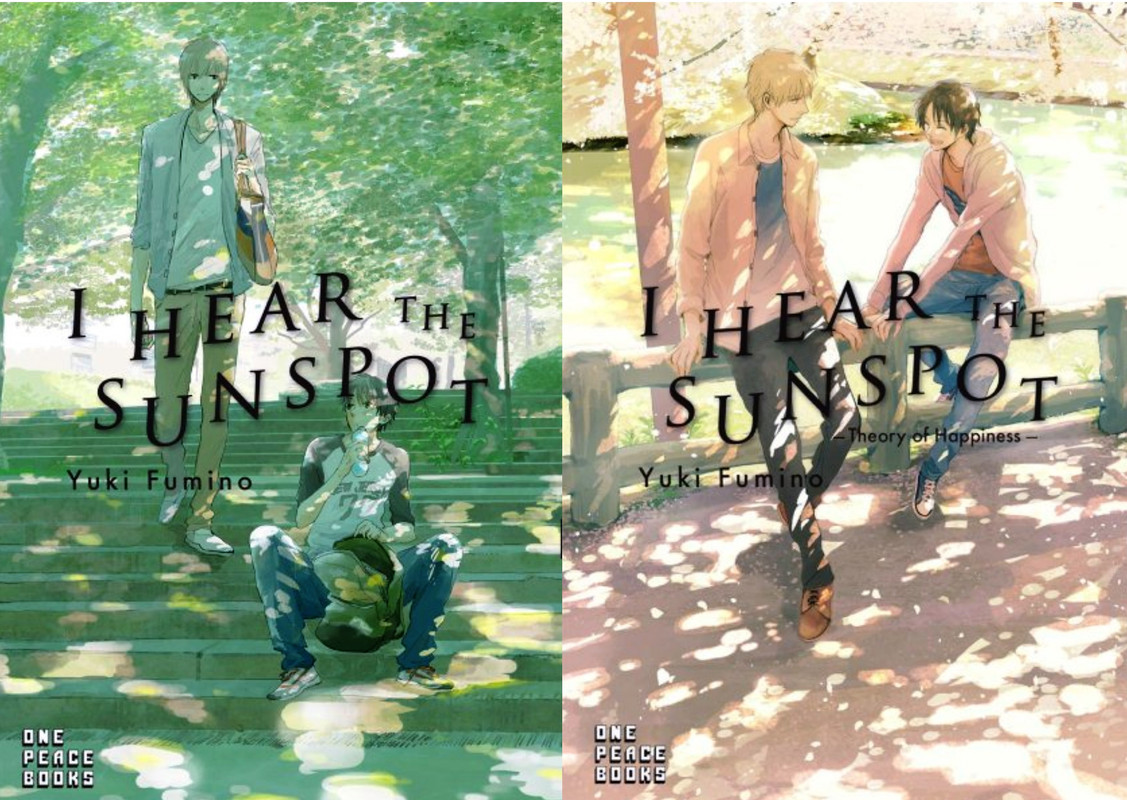
by Michele Kirichanskaya | Jun 30, 2024 | Blog
Note: Some volumes might contain materials that are NFSW or contain sensitive themes, i.e. discussion of homophobia/transphobia, so discretion is advised. Why I Adopted My Husband: The True Story of a Gay Couple Seeking Legal Recognition in Japan by Yuta Yagi Why I...






